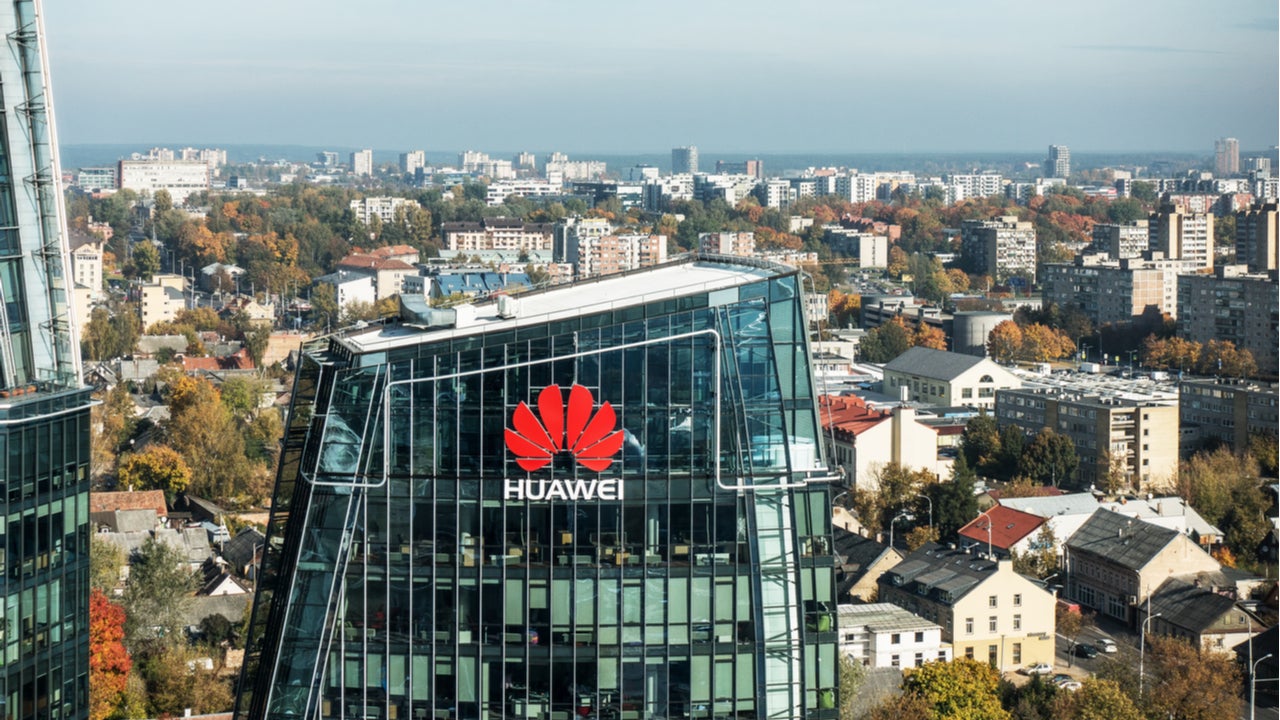Chinese tech behemoth Huawei is determined to prove it doesn’t need the US by creating hundreds of jobs across Europe, Asia and Canada to shore up the company against the sanctions levelled against it by the White House.
The company has conducted a massive hiring push, in which it is recruiting experts and PhD candidates in “artificial intelligence algorithms, autonomous vehicle engineering, software and computing infrastructure, chip development and quantum computing”, Nikkei Asia reported.
GlobalData’s job analytics dashboard shows that Huawei had a job posting spike at the end of May 2021. New positions were made available primarily in Europe and in Asia. Notably, Turkey accounts for 39% of the company’s latest job posts. Other countries that saw an increase in Huawei positions are Hungary, Japan and Finland. However, Huawei is not hiring in the US.
“2021 and 2022 will be the most critical and challenging two years for Huawei to seek survival and strategic development. Talent is the most important key,” founder Ren Zhengfei said in an internal speech to shareholders.
Ren went on to say the company plans to pour “several billions of dollars” into leading technologies this year on top of the usual R&D budget.
The hiring push and openhanded spending represent a concerted effort to sustain – and possibly increase – Huawei’s technological prowess in the face of international sanctions.

US Tariffs are shifting - will you react or anticipate?
Don’t let policy changes catch you off guard. Stay proactive with real-time data and expert analysis.
By GlobalDataSince 2019, Huawei has faced widespread scepticism for alleged links to the Chinese government. The company has been accused by multiple nations, including the US and the UK, of assisting the Chinese state in foreign espionage operations by hardwiring hidden backdoors into its technology, particularly its 5G equipment.
In 2019, the White House under Donald Trump banned the company from selling its 5G equipment in the States. Several other countries, including the UK, Canada, France, Sweden, Poland and India, have imposed similar constraints.
The sanctions had a significant impact on the company’s bottom line in 2020. It saw its revenue in the US drop 24.5% to $60.24bn, while in Europe, returns decreased by 12.2% to $27.5bn.
At a recent press conference, Huawei’s global cybersecurity and privacy officer, John Suffolk, admitted that he did not see the relationship with the US changing in the foreseeable future. He added that the company would need to learn to deal with limited market access to certain components.
The US sanctions revealed in dramatic fashion the weak points in Huawei’s supply chain, especially for the cutting-edge chips that power its devices. The company has tried to plug those gaps by ramping up investment in domestic chipmaking facilities and its in-house semiconductor unit, HiSilicon.
Despite not being profitable, Huawei recently promised that it would not be laying off any of the subsidiary’s 7,000 plus employees.
A senior executive said: “We will not give up HiSilicon. HiSilicon will continue to develop semiconductor chips and will be able to cope with it in the next three years.”
The company’s endeavour to expand its chipmaking facilities is also seen in other countries. According to Nikkei Asia, the Huawei hub in Munich is recruiting several development teams for wireless chipsets and automotive chips – the German city is also home to luxury carmaker BMW. The Chinese company is betting big on cutting-edge automotive technologies. In addition to hiring many engineers in automotive and self-driving technology, the company has recently also made moves in creating autonomous electric vehicles.
Meanwhile, Huawei’s research centre in Istanbul is the company’s overseas hub for software development and currently has 46 job openings, according to GlobalData’s job analytics dashboard. Software became a priority for Huawei after the US crackdown crippled its hardware businesses. Efforts in this area have included building HarmonyOS, its answer to Google’s Android operating system for smartphones and other devices.
In Canada, Finland, Sweden and Russia, multiple artificial intelligence research and computer architecture positions have come open in the past month, while the company is seeking scientists for its basic research base in Zurich, Switzerland.
In his recent speech, Ren described securing top talent as “vital in any battle.”
“We have enough money, enough space to house global talent,” he told executives as he encouraged them to identify promising candidates to build up Huawei’s “battle force” as soon as possible.







